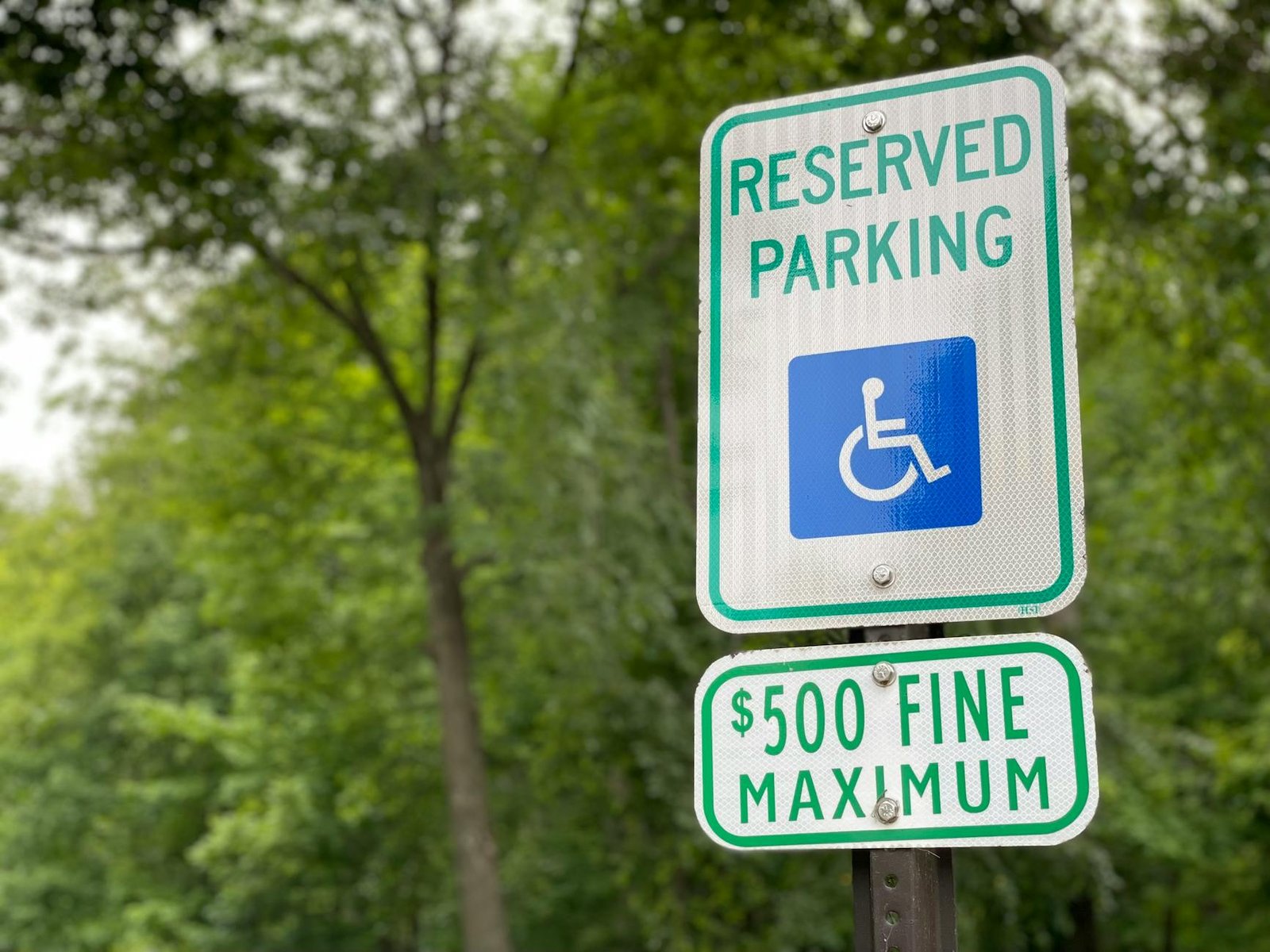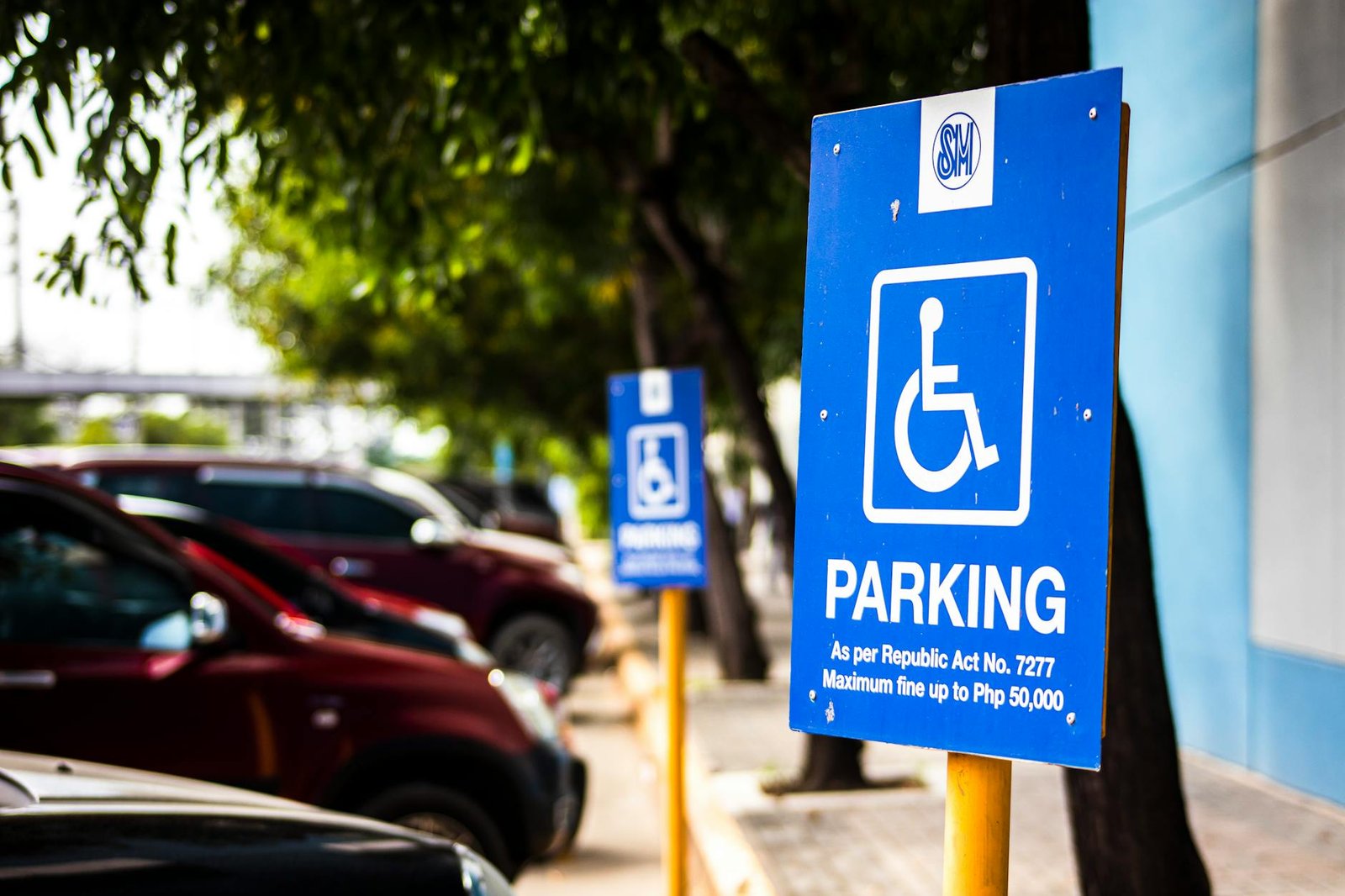
Is Lupus a Disability?
Have you ever wondered if your lupus diagnosis could be considered a disability? 🤔 The answer might surprise you and have far-reaching implications for your life. Lupus, an autoimmune disease that affects millions worldwide, can be a debilitating condition that impacts every aspect of daily living. But is it legally recognized as a disability?
The shocking truth is that lupus can indeed be classified as a disability in many cases, opening doors to crucial benefits and protections. This revelation could be life-changing for those struggling with the physical, emotional, and financial burdens of living with lupus. From accessing Social Security benefits to securing workplace accommodations, understanding the disability status of lupus can empower you to take control of your health and your future.
In this eye-opening blog post, we’ll delve into the complexities of lupus as a disability, exploring its legal implications, available benefits, and the profound impact this classification can have on your life. We’ll guide you through understanding lupus and its effects, navigating the legal landscape, and accessing the support you deserve. Get ready to discover how recognizing lupus as a disability could be the key to unlocking a world of resources and opportunities you never knew existed. 🔑💪

Understanding Lupus and Its Impact
What is Lupus?
Lupus, or Systemic Lupus Erythematosus (SLE), is a chronic autoimmune disease that can affect various parts of the body. In this condition, the immune system mistakenly attacks healthy tissues, leading to inflammation and damage. Lupus can impact multiple organs, including the skin, joints, kidneys, heart, and brain.
The misconceptions surrounding Lupus
Despite its prevalence, lupus is often misunderstood. Common misconceptions include:
- Lupus only affects women
- It’s contagious
- Lupus is always visible
- It’s a form of cancer
In reality, lupus can affect anyone, regardless of gender or age, and is neither contagious nor cancerous.
How Lupus affects daily life
Living with lupus can significantly impact one’s daily routine. Patients often experience:
- Fatigue and reduced energy levels
- Difficulty maintaining regular work schedules
- Challenges in social interactions
- Limitations in physical activities
- Emotional and mental health struggles
Common symptoms and challenges
Lupus symptoms vary widely between individuals and can fluctuate over time. Here’s a comparison of common symptoms and their associated challenges:
| Symptom | Challenge |
|---|---|
| Joint pain and swelling | Difficulty with mobility and daily tasks |
| Skin rashes | Self-esteem issues and sun sensitivity |
| Fatigue | Reduced productivity and social isolation |
| Cognitive issues (“lupus fog”) | Memory problems and difficulty concentrating |
| Organ inflammation | Potential long-term damage and health complications |
These symptoms can range from mild to severe, and their unpredictable nature often poses significant challenges for those living with lupus. Understanding these impacts is crucial for recognizing lupus as a potentially disabling condition.

Lupus as a Disability: Legal Perspective
When it comes to understanding lupus as a disability, the legal perspective is crucial. Recent court cases and rulings have shed light on how lupus is viewed under disability laws, providing important insights for those living with this chronic condition.
Recent court cases and rulings
Several landmark cases have helped establish lupus as a recognized disability:
- Smith v. Midland Health (2019)
- Johnson v. Federal Express (2020)
- Garcia v. Department of Labor (2021)
These cases have reinforced the rights of individuals with lupus and set precedents for future legal interpretations.
Legal protections for individuals with Lupus
Individuals with lupus are protected under various laws, including:
- Americans with Disabilities Act (ADA)
- Rehabilitation Act
- Family and Medical Leave Act (FMLA)
These laws provide safeguards against discrimination and ensure reasonable accommodations in the workplace and public spaces.
Qualifying criteria for Lupus as a disability
To qualify as a disability, lupus must meet certain criteria:
| Criteria | Description |
|---|---|
| Severity | Symptoms must significantly impact daily activities |
| Duration | Condition must last or be expected to last at least 12 months |
| Medical evidence | Diagnosis and documentation from a qualified healthcare provider |
Definition of disability under the law
The legal definition of disability encompasses:
- A physical or mental impairment that substantially limits one or more major life activities
- A record of such an impairment
- Being regarded as having such an impairment
Lupus often meets these criteria due to its chronic nature and impact on various bodily systems. Understanding these legal aspects is crucial for individuals with lupus to advocate for their rights and access necessary accommodations and benefits.
With this legal foundation in mind, let’s explore how these protections translate into practical support through Social Security Disability Benefits for lupus patients.

Social Security Disability Benefits for Lupus Patients
For individuals living with lupus, navigating the world of Social Security Disability Benefits can be crucial for financial support. Let’s explore the various aspects of these benefits and how they apply to lupus patients.
Types of benefits available
Social Security offers two main types of disability benefits for lupus patients:
- Social Security Disability Insurance (SSDI)
- Supplemental Security Income (SSI)
| Benefit Type | Eligibility | Funding Source |
|---|---|---|
| SSDI | Work history required | Payroll taxes |
| SSI | Based on financial need | General tax revenues |
Eligibility requirements
To qualify for Social Security Disability Benefits with lupus, you must meet the following criteria:
- Your lupus symptoms must be severe enough to prevent you from working
- Your condition must have lasted or be expected to last for at least 12 months
- You must meet the specific medical criteria outlined in the Social Security Administration’s “Blue Book”
Application process
Applying for disability benefits involves several steps:
- Gather medical documentation
- Complete the online application or visit a local Social Security office
- Provide detailed information about your work history and limitations
- Undergo a medical evaluation if requested
- Wait for a decision (typically 3-5 months)
Appeals process for denied claims
If your initial claim is denied, don’t lose hope. The appeals process includes:
- Request for Reconsideration
- Administrative Law Judge Hearing
- Appeals Council Review
- Federal Court Review
Remember, persistence is key when seeking disability benefits for lupus. Now that we’ve covered the essentials of Social Security Disability Benefits, let’s explore how lupus affects the workplace and what accommodations are available.

Workplace Accommodations for Lupus
Now that we’ve explored the legal aspects and benefits available for lupus patients, let’s delve into how this condition can be managed in the workplace. Employees with lupus have rights and options for accommodations that can significantly improve their work experience and productivity.
Handling discrimination in the workplace
Discrimination against employees with lupus is illegal under the Americans with Disabilities Act (ADA). It’s crucial for both employers and employees to understand what constitutes discrimination and how to prevent it. Here are some key points to remember:
- Employers cannot fire, demote, or refuse to hire someone solely based on their lupus diagnosis
- Harassment related to an employee’s lupus condition is prohibited
- Employers must keep medical information confidential
Communicating with employers about Lupus
Open communication is essential for creating a supportive work environment. When discussing lupus with your employer:
- Be honest about your condition and its impact on your work
- Focus on your abilities and how accommodations can help you perform your job effectively
- Provide medical documentation if requested
Reasonable accommodations examples
Employers are required to provide reasonable accommodations for employees with lupus. Here are some common examples:
| Accommodation | Description |
|---|---|
| Flexible schedule | Allowing for medical appointments or rest periods |
| Modified work environment | Adjusting lighting or temperature to reduce triggers |
| Ergonomic equipment | Providing supportive chairs or assistive devices |
| Remote work options | Allowing work from home during flare-ups |
| Task modifications | Reassigning non-essential tasks that may be challenging |
Rights of employees with Lupus
Employees with lupus have specific rights protected by law:
- The right to request reasonable accommodations
- Protection against discrimination and harassment
- The right to medical privacy
- The ability to take medical leave under the Family and Medical Leave Act (FMLA)
Understanding these rights empowers employees with lupus to advocate for themselves and maintain a fulfilling career despite their condition. Next, we’ll explore the life-changing implications of recognizing lupus as a disability.

Life-Changing Implications of Lupus as a Disability
Empowerment through Legal Recognition
Recognizing lupus as a disability can be truly empowering for those living with this chronic condition. Legal recognition provides individuals with lupus the protection and rights they deserve, enabling them to advocate for themselves more effectively in various aspects of life.
Raising Awareness and Reducing Stigma
The classification of lupus as a disability plays a crucial role in raising public awareness about this often misunderstood condition. This increased visibility helps reduce stigma and promotes a more inclusive society for those living with lupus.
Improved Quality of Life through Accommodations
When lupus is recognized as a disability, individuals can benefit from various accommodations that significantly improve their quality of life:
- Workplace adaptations (e.g., flexible hours, ergonomic equipment)
- Educational support (e.g., extended deadlines, modified schedules)
- Public space accessibility improvements
Financial Support and Resources
Disability status opens doors to essential financial support and resources:
| Type of Support | Benefits |
|---|---|
| Social Security Benefits | Monthly income assistance |
| Disability Insurance | Long-term financial protection |
| Tax Deductions | Potential savings on medical expenses |
Access to Healthcare and Treatments
Recognizing lupus as a disability can lead to improved access to healthcare and treatments:
- Priority in healthcare settings
- Coverage for specialized treatments
- Access to clinical trials and innovative therapies
With these life-changing implications, understanding lupus as a disability becomes crucial for those affected by this condition. Next, we’ll explore how this knowledge can be applied to improve daily life and long-term outcomes for individuals living with lupus.

Lupus, with its complex and often debilitating symptoms, can indeed be considered a disability under certain circumstances. This recognition opens up a world of support and resources for those affected, from legal protections to Social Security benefits and workplace accommodations. Understanding the implications of Lupus as a disability is crucial for patients, their families, and employers alike.
Living with Lupus presents unique challenges, but it doesn’t have to mean giving up on a fulfilling life. By advocating for your rights, seeking appropriate accommodations, and utilizing available resources, you can manage your condition effectively and maintain your quality of life. Remember, knowledge is power – stay informed about your rights and options, and don’t hesitate to seek support when needed. Your journey with Lupus may be difficult, but you’re not alone in this fight.
Battle of the Joints: Ankylosing Spondylitis vs Rheumatoid Arthritis
Want to know more about Lupus? Click Here.






